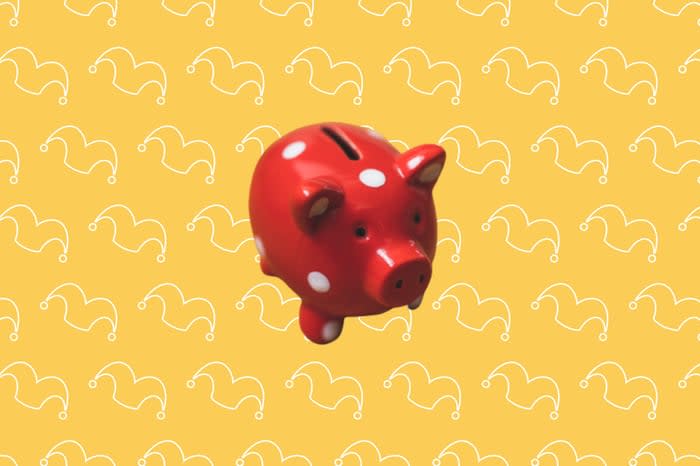Why You Shouldn't Stop at a 3-Month Emergency Fund

Image source: The Motley Fool/Unsplash
Last year, SecureSave reported that 63% of Americans were not equipped to tackle an unplanned $500 expense. So if you have a three-month emergency fund -- meaning, you have enough cash in savings to cover three months of essential expenses -- then you're in pretty good shape, comparatively speaking.
But while saving up a three-month emergency fund is a fabulous accomplishment, you don't necessarily want to stop there. It could very much work to your benefit to have more like six months' worth of expenses on hand in your savings account.
Why three months' worth of savings may not suffice
The purpose of having an emergency fund is to be able to cover your expenses in the event of a layoff. It's also to tackle unplanned expenses that arise, like home and car repairs, which could cost thousands of dollars on an individual basis.
The logic behind the three-month emergency fund is that if you were to lose your job, it might take a good 90 days to search for open positions, go on interviews, and negotiate an offer. And you definitely want a way of paying your bills while you're out of work so you don't automatically have to resort to credit card debt.
But depending on your job situation, a three-month emergency fund may not be enough. If your job is an upper-level position, you may not want to go from being a manager to being an individual contributor at another company. But since manager positions often aren't as available, it might take more than three months to get hired again in that capacity following a layoff.
What's more, you could lose your job the same month your home needs a major repair. So you might, in that situation, need three months' worth of savings to cover your essential bills plus another $6,000 to address the repair at hand.
That's why you may want to aim for six months' worth of living expenses in your emergency fund instead of just three months' worth. Having that extra money on hand could make it possible to embark on a job search with less pressure. It could also make it so you're covered in case you find yourself out of work on top of having to make home or car repairs.
There's your own peace of mind to consider, too
A six-month emergency fund gives you more options than a three-month emergency fund. But one thing you might appreciate having as much as options is peace of mind.
Imagine you were to lose your job today. Wouldn't you feel better knowing you can cover your living costs for half a year without risking debt?
That might help you approach the situation more calmly. It's worth trying to save extra for the mental benefit alone.
Of course, if you're in a place right now where you pretty much have $0 savings, your focus should be on building a safety net slowly but steadily over time. But don't necessarily stop once you reach the three-month point. Pushing yourself to go beyond could be one of the best moves you'll ever make.
Alert: highest cash back card we've seen now has 0% intro APR until 2025
This credit card is not just good – it's so exceptional that our experts use it personally. It features a 0% intro APR for 15 months, a cash back rate of up to 5%, and all somehow for no annual fee!
Click here to read our full review for free and apply in just 2 minutes.
We're firm believers in the Golden Rule, which is why editorial opinions are ours alone and have not been previously reviewed, approved, or endorsed by included advertisers. The Ascent does not cover all offers on the market. Editorial content from The Ascent is separate from The Motley Fool editorial content and is created by a different analyst team.The Motley Fool has a disclosure policy.
